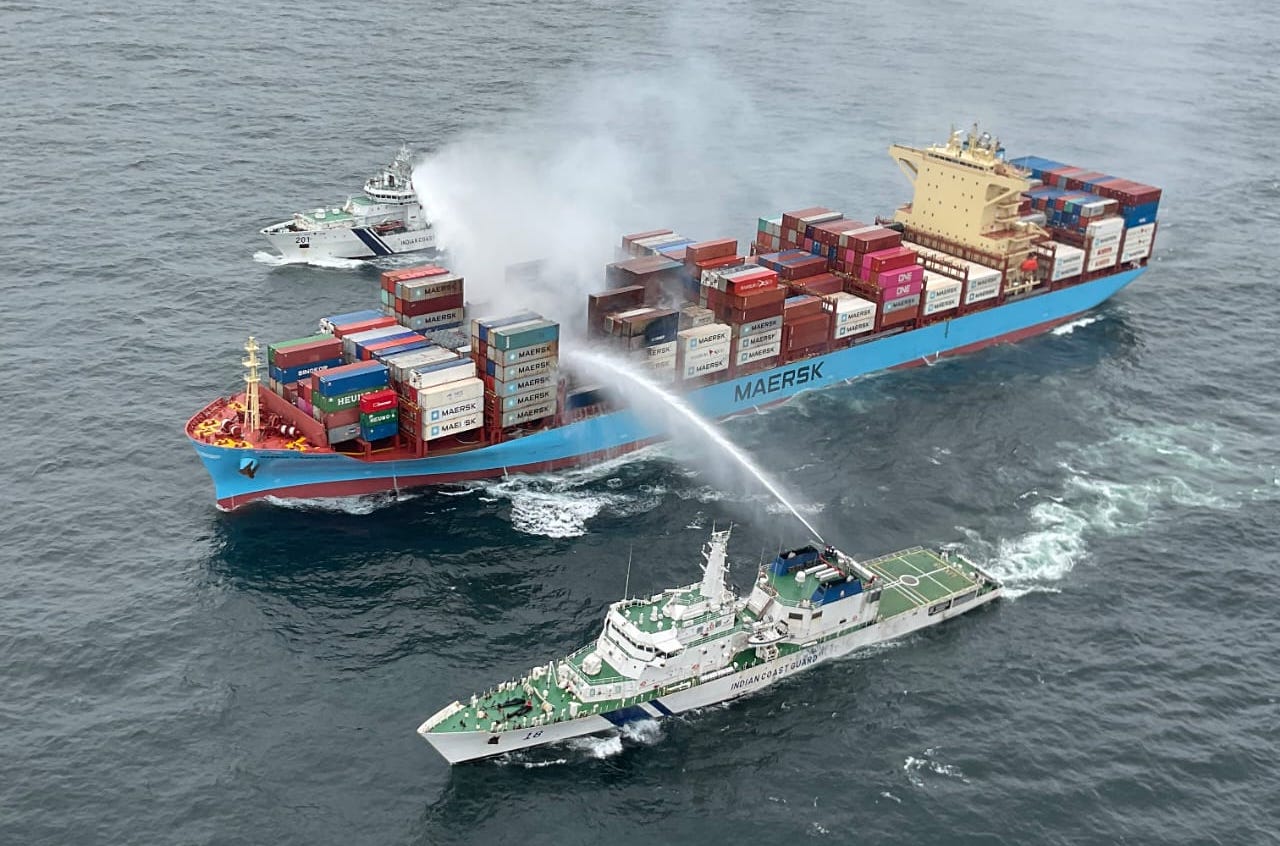By Chen Aizhu (Reuters) – Chinese refiners are paying for Russian crude oil using cash transfers to maintain imports from Russia’s Fast East, as banks shy away from financing the oil because of sanctions, sources with knowledge of the matter said.
Global oil prices LCOc1 have soared to their highest in a decade as banks halted financing Russian oil after the United States and other countries ramped up sanctions on Moscow following its invasion of Ukraine.
Spot crude premiums and freight rates also spiked, piling on buyers’ costs.
Several European and U.S. refiners have stopped buying Russian oil this week, even though Washington said Russian oil and gas are exempted from sanctions.
But Chinese buyers are looking to maintain purchases of ESPO Blend crude exported from Russia’s Far East Kozmino port using other payment methods as they cannot secure letters of credit from banks, trade sources said.
“For those done deals, payments are being sorted out with buyers doing Telegraphic Transfer as bank financing becomes very difficult,” said a Singapore-based Chinese trading executive.
Telegraphic transfer, equivalent to cash pre-payment, requires buyers to transfer funds to sellers up front, a challenge for some cash-strapped independent refiners with each Aframax tanker-sized cargo now costing more than $85 million, the sources said.
Some sellers are providing open credit, but this raises their risk exposure, they added.
Sources said the cash settlements still need to go through the SWIFT messaging system to Russian banks which are not on the U.S. sanction list, said two trading executives with knowledge of the situation.
ESPO blend is popular among China’s independent refiners because of its short voyage time from Russia, availability on a spot basis, and good fuel yield.
Russia is the world’s No. 2 crude exporter, with exports reaching 7.8 million barrels per day in December, the International Energy Agency said.
Last year China imported 575,000 barrels per day of ESPO shipped by tankers, some 6% of total Chinese crude oil imports, with the majority processed by independent refiners, according to tanker tracker Vortexa Analytics.
State refining major Sinopec 0386.HK is a key buyer and trader of seaborne ESPO.
Sinopec’s trading vehicle Unipec, which rivals Vitol as the world’s top oil trader, typically has large open credit lines with suppliers that allow the major to pay a month after a shipment is loaded.
Unipec has bought as many as eight ESPO cargoes for April loading, traders said.
Sinopec did not immediately comment on how the firm pays for its purchases.
One independent refiner who buys ESPO crude said the company can only use telegraphic transfer (TT) to pay for the oil, and that financing costs are now high because oil prices have surged and there is no longer a credit period for repayment.
“We can only use TT for now,” the buyer said. “Previously with LCs, we had a credit period of 30 days. But now we have to pay up front.”
“Refining margins are poor, too,” the source added.
With oil near $120 a barrel, allowing teapots to pay after oil is delivered magnifies risk exposure for a trading company.
Sellers may well ask refiners to provide cash or part of the cargo as collateral, traders said.
“Whichever way, we believe China’s ESPO influx will continue as teapots don’t have many other options, as prices of competing supplies like West African oil went sky-high,” said a second Singapore-based executive with an independent refiner.
Spot premiums of West African and Brazilian crude for May delivery jumped to $9-$10 a barrel above dated Brent this week in volatile trade, a buyer said.
Adding to refiners’ costs are surging freight rates, which have nearly doubled over the week to $900,000 per day for an Aframax tanker sailing from Russia’s Kozmino port to north China, the highest since May 2020, according to traders and Refinitiv data.
China separately buys 800,000 bpd of Russian oil via pipelines under a government-to-government deal between state energy giant CNPC and Russian oil major Rosneft. The pipeline flows remained unaffected, Chinese oil officials have said.
China has repeatedly voiced opposition to the sanctions, calling them ineffective and insisting it will maintain normal economic and trade exchanges with Russia.
(Reporting by Chen Aizhu and Florence Tan in Singapore; Additional reporting by Muyu Xu in Beijing; editing by Gavin Maguire and Kim Coghill, Reuters)

 Join The Club
Join The Club










